Recommended Topics for you

15 Q
KG - Uni
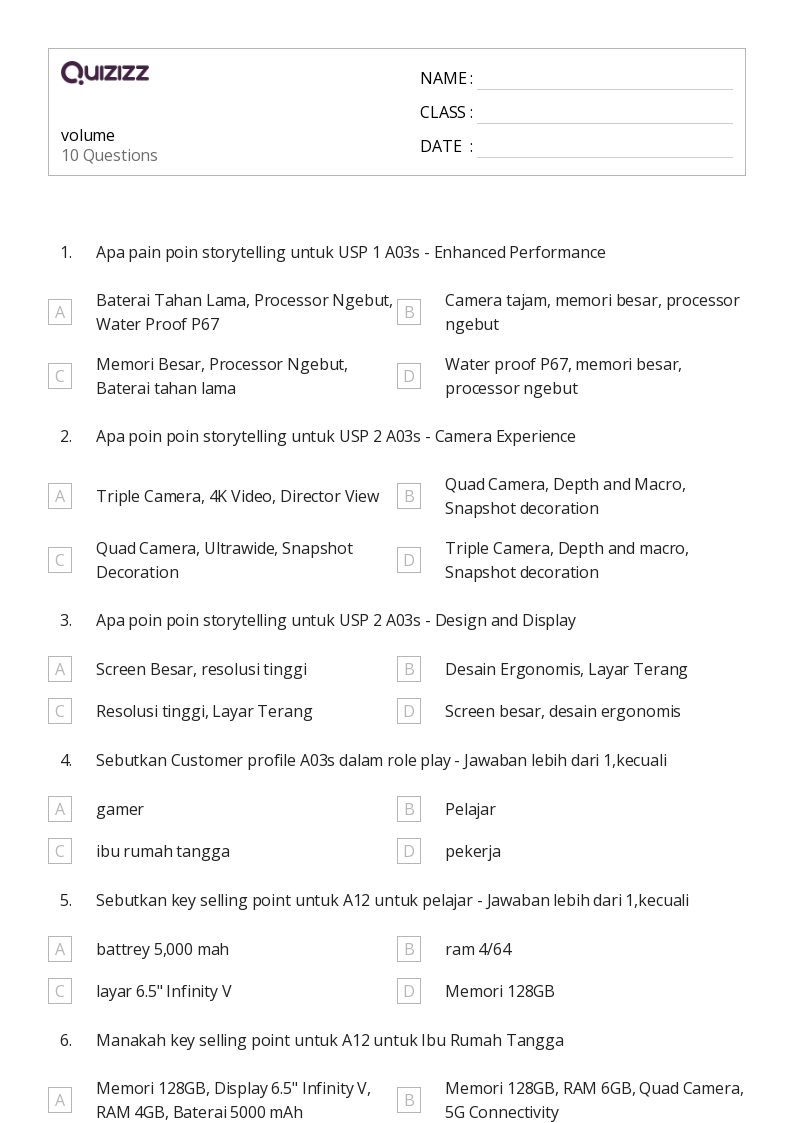
10 Q
KG - 1st

10 Q
KG - 3rd

20 Q
KG - 12th

12 Q
KG - 3rd
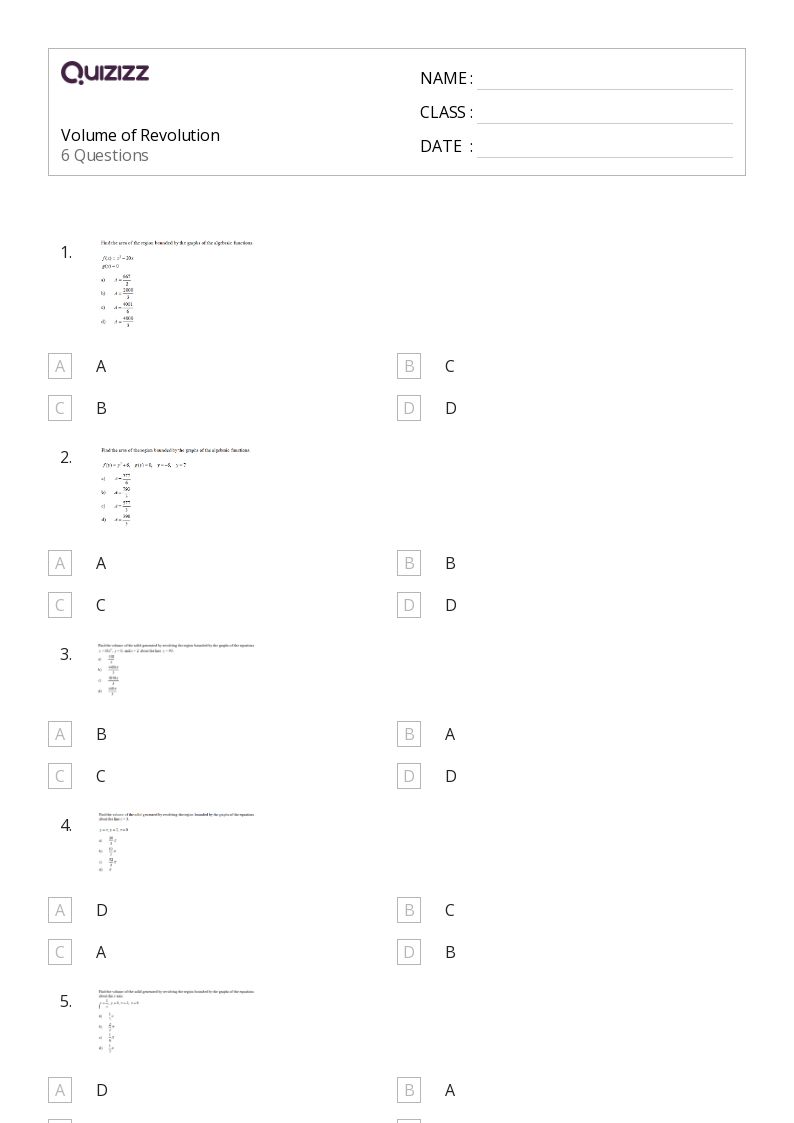
6 Q
KG - Uni
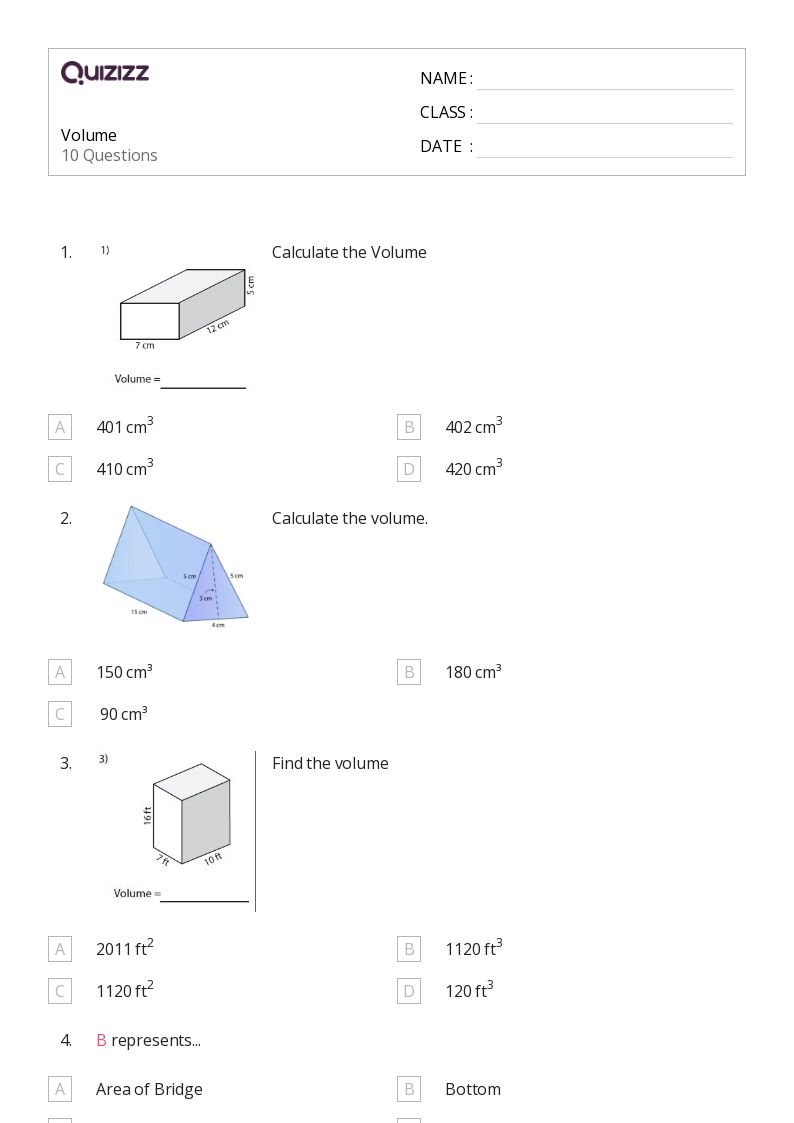
10 Q
KG
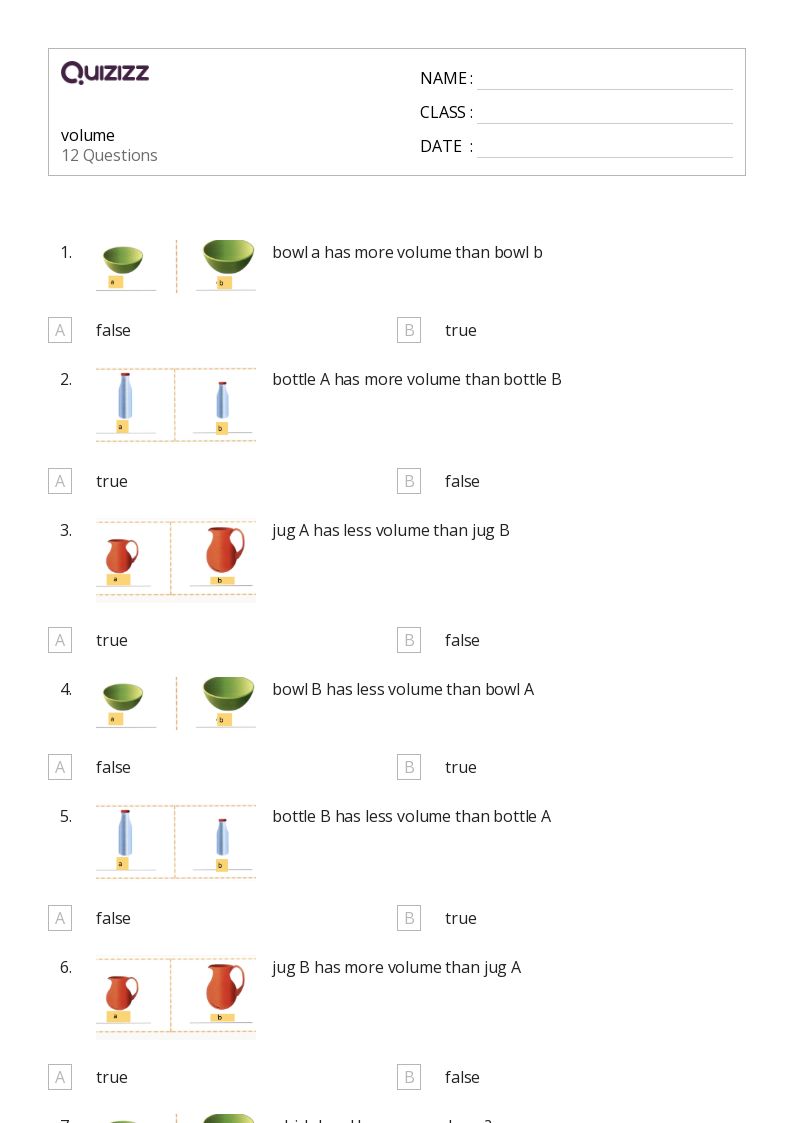
12 Q
KG - 2nd

24 Q
KG - Uni
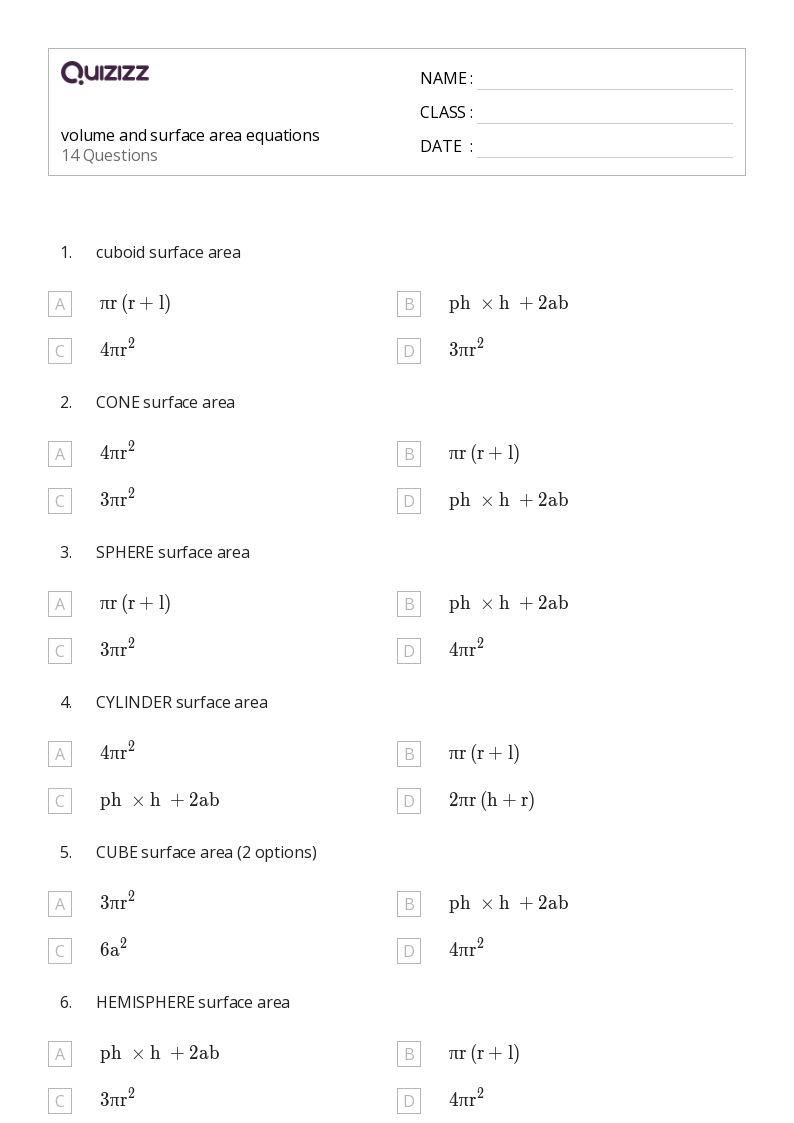
14 Q
KG - 1st

20 Q
KG - Uni

10 Q
KG - Uni

10 Q
KG - Uni

10 Q
KG - Uni
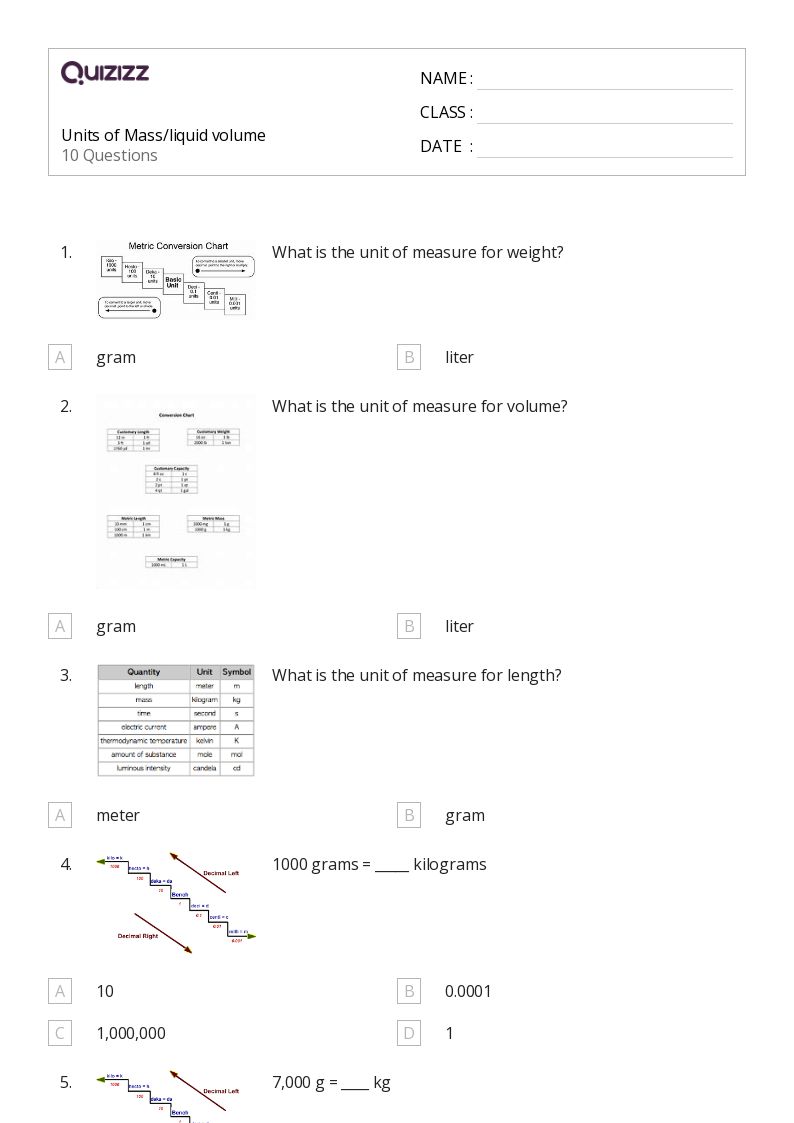
10 Q
KG - Uni

10 Q
5th
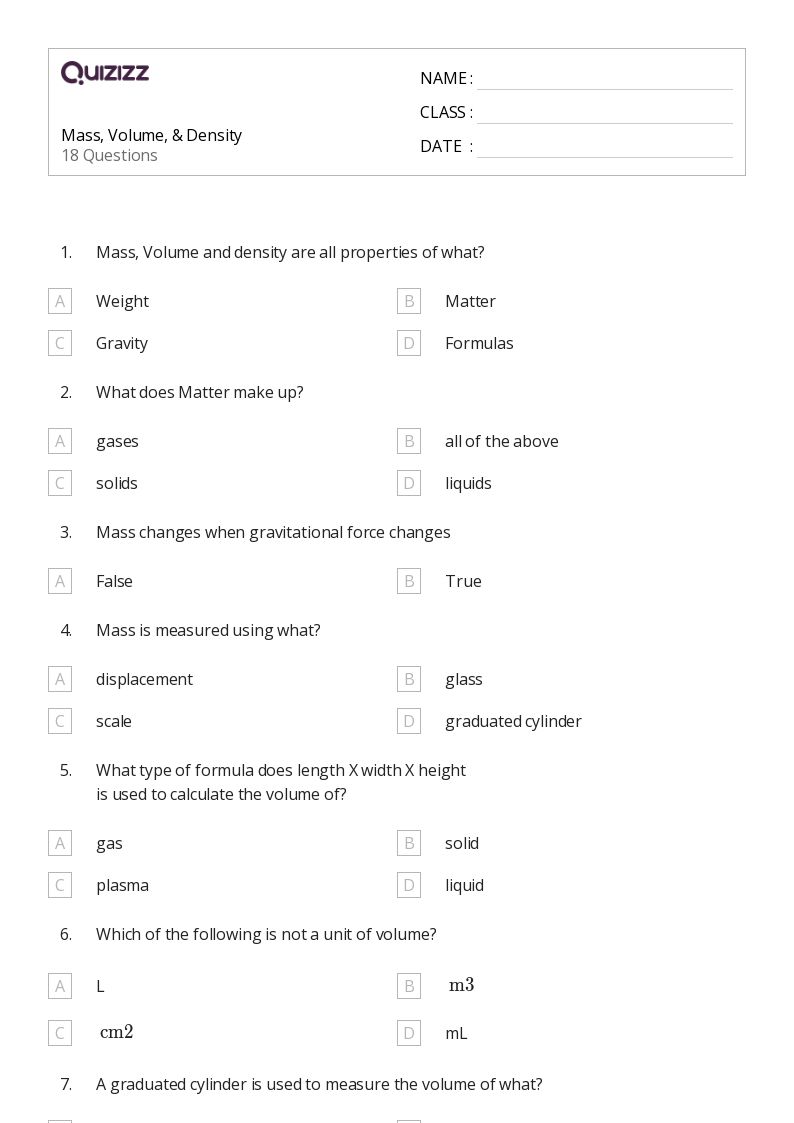
18 Q
KG - 7th

25 Q
KG - 6th
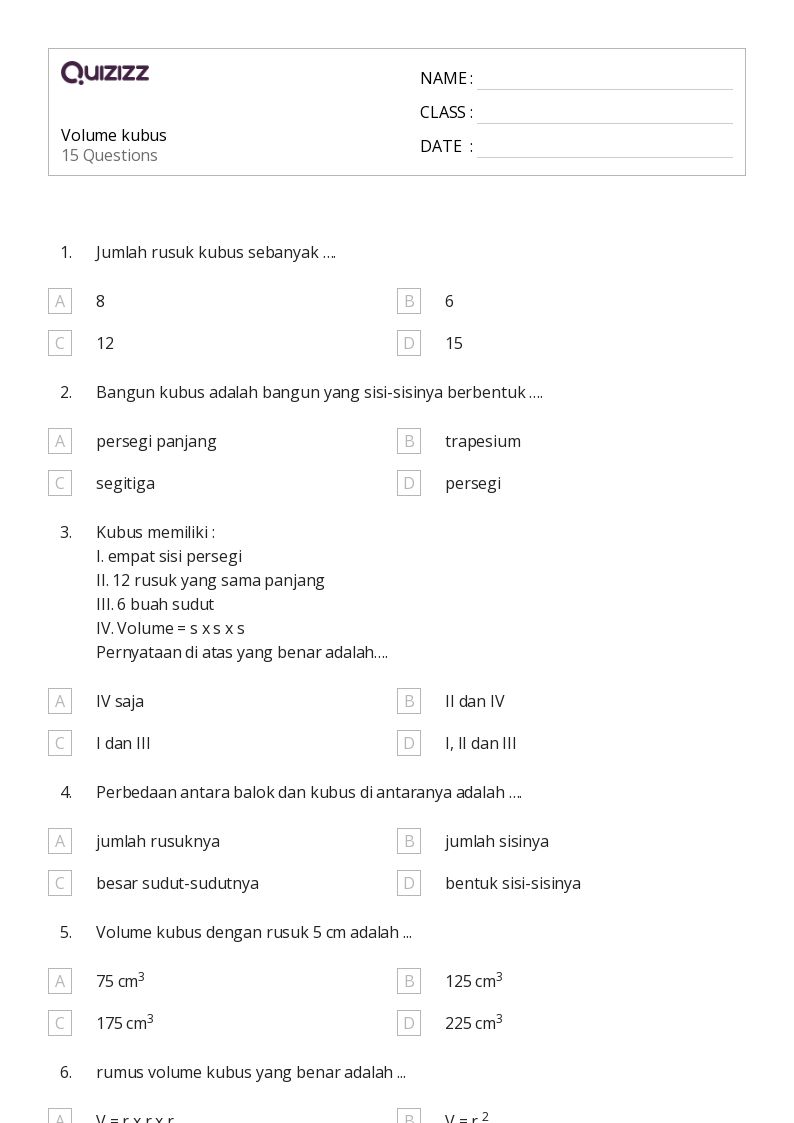
15 Q
KG - 6th

5 Q
KG - Uni
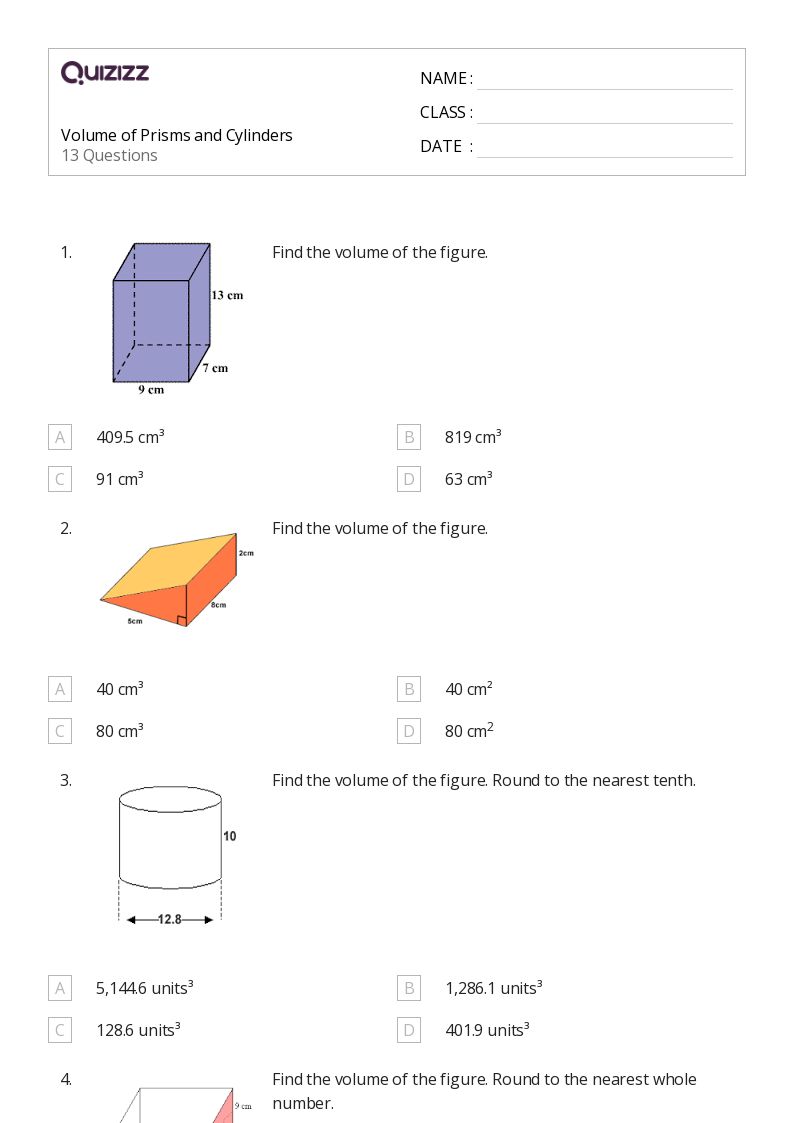
13 Q
KG - Uni

8 Q
KG
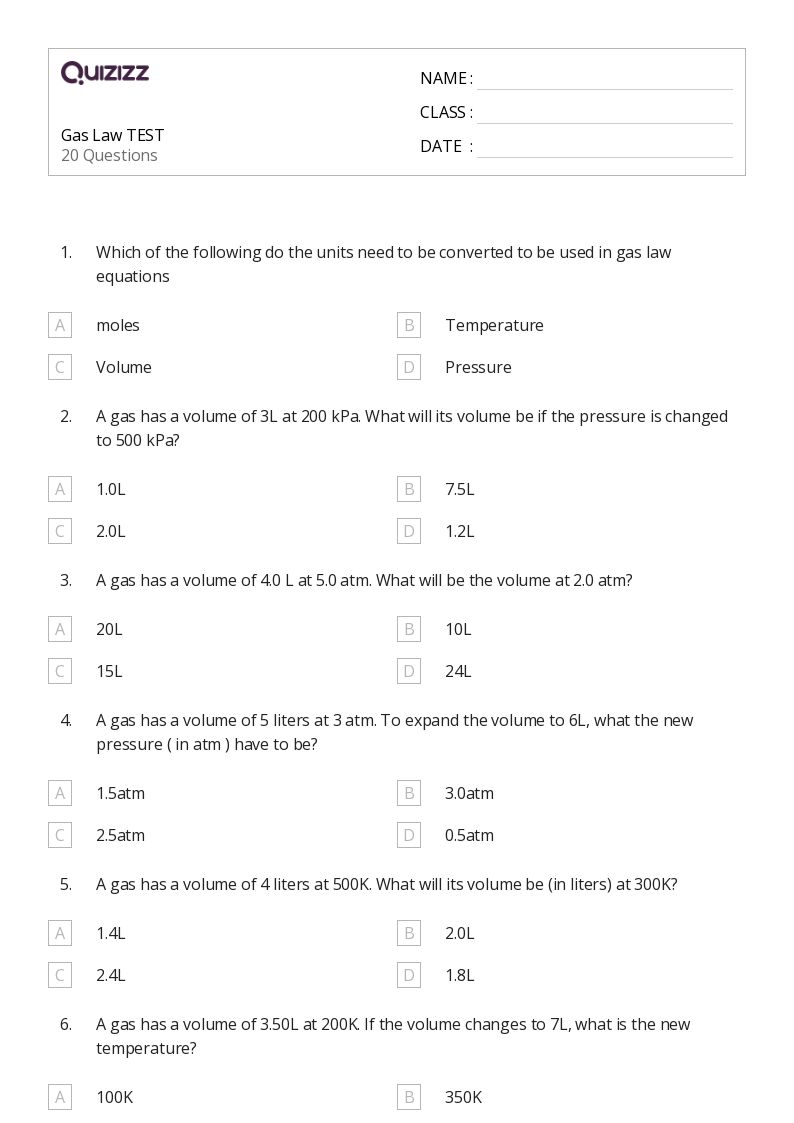
20 Q
KG - Uni
Explore Volume Worksheets by Grades
Explore Volume Worksheets for kindergarten by Topic
Explore Other Subject Worksheets for kindergarten
Explore printable Volume worksheets for Kindergarten
Volume worksheets for Kindergarten are an essential tool for teachers looking to introduce young students to the world of math and geometry. These worksheets provide a fun and engaging way for children to learn about the concept of volume, as well as develop their spatial awareness and problem-solving skills. By incorporating a variety of activities, such as counting cubes, comparing sizes, and estimating capacities, teachers can create a dynamic learning environment that caters to different learning styles. Additionally, these volume worksheets can be easily integrated into the existing math curriculum, ensuring that Kindergarten students receive a well-rounded education in this important subject area. As a result, teachers can feel confident that their students are building a strong foundation in math and geometry through the use of volume worksheets for Kindergarten.
Quizizz is an excellent platform for teachers to enhance their students' learning experience, especially when it comes to volume worksheets and other offerings in math and geometry. This interactive platform allows teachers to create engaging quizzes and games that can be used alongside volume worksheets for Kindergarten, making the learning process more enjoyable for young students. Furthermore, Quizizz offers a wealth of resources, such as premade quizzes, question banks, and multimedia integration, which can be easily customized to suit the needs of any classroom. By incorporating Quizizz into their teaching strategies, teachers can effectively monitor their students' progress and provide targeted feedback, ensuring that Kindergarten students are well-prepared for future success in math and geometry.
